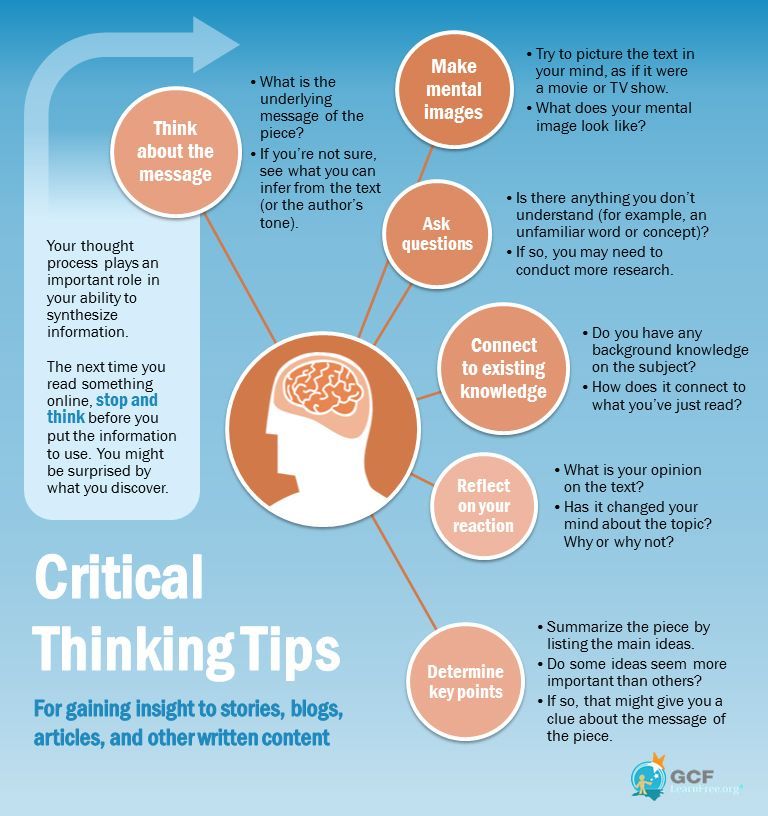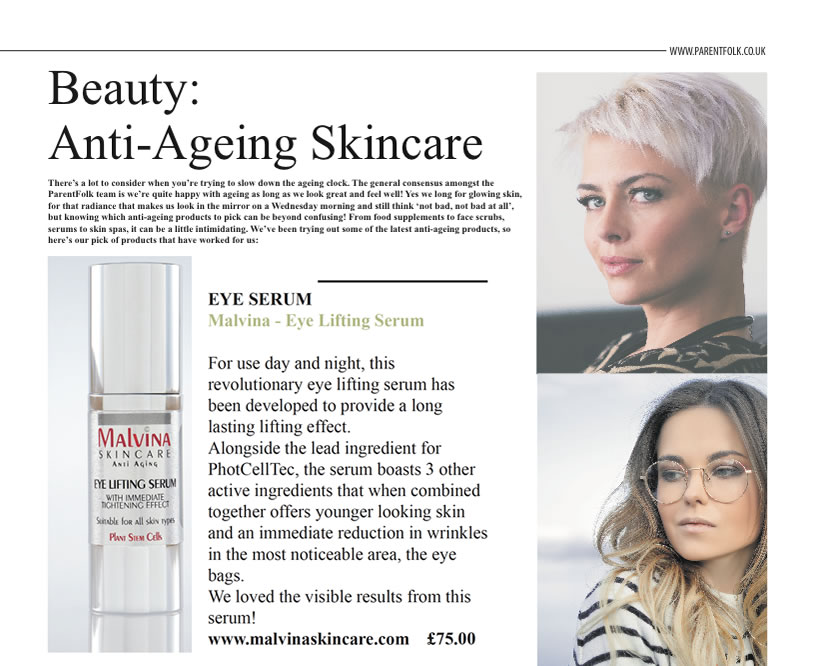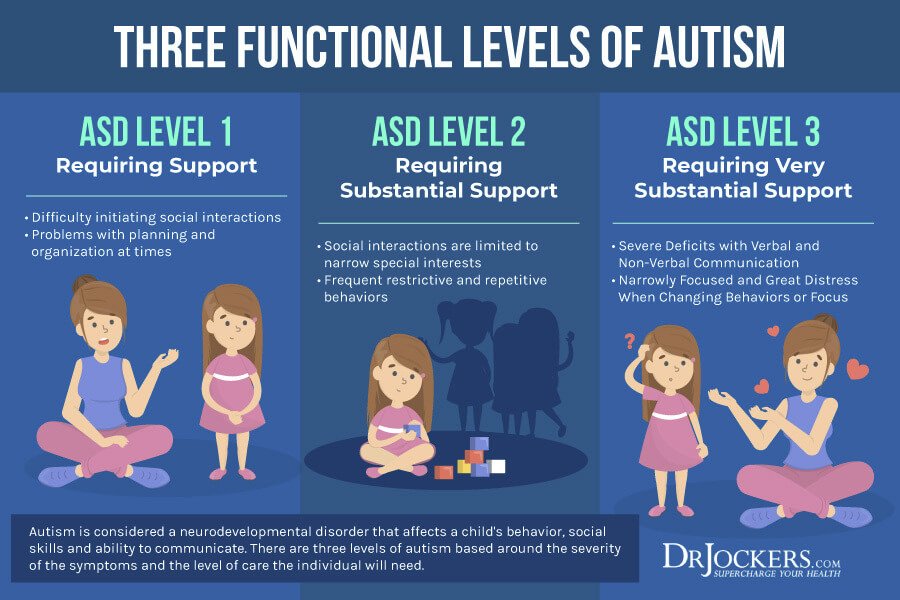 Understand the importance of critical thinking in nursing
Understand the importance of critical thinking in nursing
Critical thinking is an essential skill for nurses as it allows them to make informed and evidence-based decisions in their daily practice. With the fast-paced and complex nature of healthcare, nurses must be able to think critically to provide safe and effective care to their patients. Critical thinking in nursing involves analyzing information, identifying patterns, and evaluating the best course of action. It is a skill that can be developed and improved upon with practice and experience.
One of the primary reasons why critical thinking is crucial in nursing is because it helps nurses to prioritize and problem-solve effectively. In a healthcare setting, nurses are often faced with numerous tasks and responsibilities, and critical thinking allows them to prioritize which tasks require immediate attention and which can be addressed later. It also enables nurses to identify potential problems or complications and come up with effective solutions to address them. By thinking critically, nurses are able to provide efficient and timely care to their patients, ultimately improving patient outcomes.
Additionally, critical thinking in nursing is vital for clinical reasoning and decision-making. Nurses encounter a wide range of patient conditions and symptoms, and they must be able to analyze this information and determine the best course of action. Critical thinking helps nurses to interpret data accurately, recognize patterns, and make connections between different pieces of information. This enables them to develop appropriate care plans, administer medications safely, and respond quickly in emergency situations. Without critical thinking skills, nurses may rely solely on intuition or routine, which can lead to errors and compromised patient safety.
Furthermore, critical thinking is essential in nursing as it promotes effective communication and collaboration with the healthcare team. Nurses often work in interdisciplinary teams, and effective communication is vital for providing coordinated and comprehensive care. By thinking critically, nurses can articulate their thoughts and ideas clearly, ask relevant questions, and contribute to discussions in a meaningful way. This fosters a collaborative environment where all team members can work together towards a common goal – the well-being of the patient.
In conclusion, understanding the importance of critical thinking in nursing is crucial for nurses to provide safe and effective care. Critical thinking allows nurses to prioritize, problem-solve, and make informed decisions in their practice. It enhances clinical reasoning and decision-making, leading to improved patient outcomes. Additionally, critical thinking promotes effective communication and collaboration within the healthcare team. By continuously developing and improving their critical thinking skills, nurses can excel in their profession and positively impact the lives of their patients.
Utilize evidence-based practice to enhance critical thinking skills
Critical thinking is a vital skill for nurses that allows them to assess and analyze information effectively. With the increasing complexity of healthcare environments, it is essential for nurses to continuously improve their critical thinking abilities. One effective way to do this is by utilizing evidence-based practice (EBP) principles. EBP involves integrating the best available research evidence with clinical expertise and patient values to guide nursing practice. By incorporating EBP into their daily routines, nurses can enhance their critical thinking skills in various ways.
Firstly, EBP encourages nurses to question current practices and beliefs. Instead of relying solely on tradition or personal experience, EBP prompts nurses to seek evidence to support or challenge their assumptions. This approach fosters critical thinking by requiring nurses to evaluate the validity and reliability of information. By questioning long-standing practices, nurses can identify gaps in knowledge and seek out the most up-to-date evidence to guide their decision-making process.
In addition, EBP promotes a systematic and structured approach to problem-solving. Critical thinking involves identifying problems, gathering information, analyzing data, and developing appropriate interventions. EBP provides nurses with a framework to follow when confronted with complex situations. By adhering to the steps of EBP, nurses can ensure that their decision-making process is thorough and well-informed. This systematic approach enhances critical thinking skills by facilitating the evaluation of multiple options and the selection of the most appropriate course of action.
Furthermore, EBP encourages nurses to engage in continuous learning. Critical thinkers are open to new ideas and are willing to adapt their practices based on new evidence. EBP promotes a culture of lifelong learning by emphasizing the importance of staying abreast of the latest research findings. Nurses who actively seek out and evaluate new evidence are better equipped to make informed decisions and provide the best possible care to their patients. This dedication to lifelong learning enhances critical thinking skills by encouraging nurses to remain curious, reflective, and adaptable.
Lastly, by incorporating EBP into their practice, nurses become advocates for quality care. EBP promotes the delivery of evidence-based interventions that have been shown to improve patient outcomes. By critically appraising the available evidence, nurses can identify interventions that are supported by research and align with the best interests of their patients. This advocacy role requires nurses to think critically about the evidence and its applicability to individual patient situations. By considering the unique needs and preferences of their patients, nurses can tailor their care and contribute to better overall outcomes.
In conclusion, utilizing evidence-based practice is a valuable strategy for enhancing critical thinking skills in nursing. By questioning current practices, engaging in systematic problem-solving, promoting continuous learning, and advocating for quality care, nurses can develop and strengthen their critical thinking abilities. Incorporating EBP principles into daily practice not only improves patient outcomes but also empowers nurses to make well-informed decisions that positively impact the healthcare system as a whole.
Developing effective communication and active listening skills is crucial for improving critical thinking skills in nursing. Nurses interact with patients, families, and other healthcare professionals on a daily basis, and effective communication is essential for providing quality care. Active listening involves fully focusing on the speaker, understanding their message, and responding appropriately. By honing these skills, nurses can gather accurate information, assess patient needs, and make informed decisions.
One way to enhance communication skills is by practicing empathetic listening. This involves putting oneself in the patient’s shoes and trying to understand their perspective and feelings. By doing so, nurses can build trust and rapport with their patients, which is crucial for effective communication. Empathetic listening allows nurses to show genuine care and concern for their patients, creating a supportive environment where patients feel comfortable expressing their concerns and needs.
Another tip for improving critical thinking skills is to ask open-ended questions. Instead of asking simple yes or no questions, nurses should encourage patients to provide detailed responses. This allows nurses to gather more information, understand the patient’s condition holistically, and identify any underlying issues or concerns. Open-ended questions also promote critical thinking by challenging nurses to analyze and interpret the information provided by the patient.
Furthermore, nurses should practice active listening during patient interactions. Active listening involves fully engaging with the speaker, paying attention to both verbal and non-verbal cues, and responding appropriately. This helps nurses gather accurate information and understand the patient’s needs more effectively. Active listening also promotes critical thinking by allowing nurses to analyze the patient’s words and behaviors and make connections between different pieces of information.
Additionally, nurses should strive to enhance their communication skills through ongoing education and self-reflection. They can attend workshops or courses on effective communication, conflict resolution, and active listening. These opportunities provide nurses with valuable tools and strategies to improve their critical thinking skills. Self-reflection is also essential for growth and improvement. Nurses should regularly evaluate their communication skills, seeking feedback from patients, colleagues, and supervisors, to identify areas for development.
In conclusion, developing effective communication and active listening skills is vital for improving critical thinking skills in nursing. By practicing empathetic listening, asking open-ended questions, and engaging in active listening, nurses can gather accurate information, assess patient needs, and make informed decisions. Ongoing education and self-reflection are essential for continuous growth and improvement in these skills. Ultimately, enhancing communication and active listening skills will contribute to better patient outcomes and overall quality of care.
Continuously seeking out new knowledge and staying updated with the latest research is crucial for nurses to improve their critical thinking skills. In the ever-evolving field of healthcare, advancements and discoveries are constantly being made. To provide the best possible care to their patients, nurses must make it a priority to stay informed and up-to-date.
One way to stay informed is by regularly attending conferences, seminars, and workshops. These events offer opportunities for nurses to learn from experts in the field and gain insights into the latest research and developments. By actively participating in these educational activities, nurses can broaden their knowledge base and enhance their critical thinking abilities.
In addition to attending events, nurses can also make use of digital resources to stay updated. There are numerous online platforms, journals, and websites dedicated to healthcare and nursing that provide access to the most current information and research studies. By subscribing to these resources and regularly reading relevant articles, nurses can stay abreast of the latest findings and trends in their field.
Another effective way to improve critical thinking skills is through engaging in discussions and networking with peers. Joining professional organizations and participating in online forums or discussion groups allows nurses to exchange ideas, share experiences, and learn from one another. These interactions can stimulate critical thinking by challenging assumptions and encouraging different perspectives.
Furthermore, incorporating evidence-based practice into daily nursing routines can significantly enhance critical thinking skills. Evidence-based practice involves integrating the best available research evidence with clinical expertise and patient preferences to guide decision-making. By actively seeking out and utilizing evidence-based guidelines and protocols, nurses can enhance their critical thinking abilities and improve patient outcomes.
Lastly, nurses should develop a habit of self-reflection and self-assessment. Taking the time to reflect on one’s own practice and critically evaluating decisions and actions can uncover areas for improvement and growth. Engaging in self-assessment exercises such as journaling or seeking feedback from colleagues or mentors can help identify strengths and weaknesses in critical thinking skills and provide opportunities for further development.
In conclusion, continuously seeking new knowledge and staying updated with the latest research is essential for nurses to enhance their critical thinking skills. Attending conferences, utilizing digital resources, engaging in discussions with peers, incorporating evidence-based practice, and practicing self-reflection are all valuable strategies to cultivate and improve critical thinking abilities. By actively pursuing these tips, nurses can provide optimal care to their patients and navigate the complexities of the evolving healthcare landscape with confidence and competence.
Practice reflection and self-assessment to improve critical thinking abilities
In the world of nursing, critical thinking skills are of utmost importance. Nurses are constantly faced with complex situations that require quick thinking, problem-solving, and decision-making. To excel in this field, it is crucial for nurses to continually work on improving their critical thinking abilities. One effective way to do this is through the practice of reflection and self-assessment.
Reflection involves taking the time to think about and analyze a particular situation or experience. It allows nurses to gain a deeper understanding of their actions, thoughts, and feelings. By reflecting on their practice, nurses can identify strengths and areas for improvement in their critical thinking abilities. This self-awareness is essential for growth and development.
To engage in reflection, nurses can set aside dedicated time to review their experiences. They can ask themselves questions such as: Why did I make certain decisions? What were the consequences of those decisions? What could I have done differently? By delving into these questions, nurses can gain insights into their critical thinking processes and identify areas where they can enhance their skills.
Self-assessment goes hand in hand with reflection. After engaging in reflection, nurses can evaluate their own performance and identify areas where they excelled or fell short. This self-evaluation allows nurses to better understand their strengths and weaknesses, which in turn helps them to focus their efforts on areas that need improvement. By acknowledging their limitations, nurses can take steps to enhance their critical thinking abilities.
One effective approach to self-assessment is the use of critical thinking rubrics. These rubrics provide clear criteria for evaluating critical thinking skills. Nurses can use them as a guide to assess their own performance and identify areas for improvement. Additionally, seeking feedback from colleagues and mentors can provide valuable insights into one’s critical thinking abilities. Constructive feedback can help nurses to gain new perspectives and learn from the experiences of others.
Furthermore, engaging in continuous learning and professional development can significantly enhance critical thinking skills. Nurses can attend workshops, seminars, and conferences that focus on critical thinking in healthcare. They can also pursue additional education and certifications to deepen their knowledge and expand their critical thinking abilities. The more knowledge and skills nurses acquire, the better equipped they are to think critically and make sound judgments.
In conclusion, practicing reflection and self-assessment is essential for nurses to improve their critical thinking abilities. By reflecting on their experiences and evaluating their own performance, nurses can gain self-awareness and identify areas for growth. Additionally, seeking feedback, using critical thinking rubrics, and engaging in continuous learning can further enhance critical thinking skills. By continually striving to improve their critical thinking abilities, nurses can provide better care and make more informed decisions in their practice.


